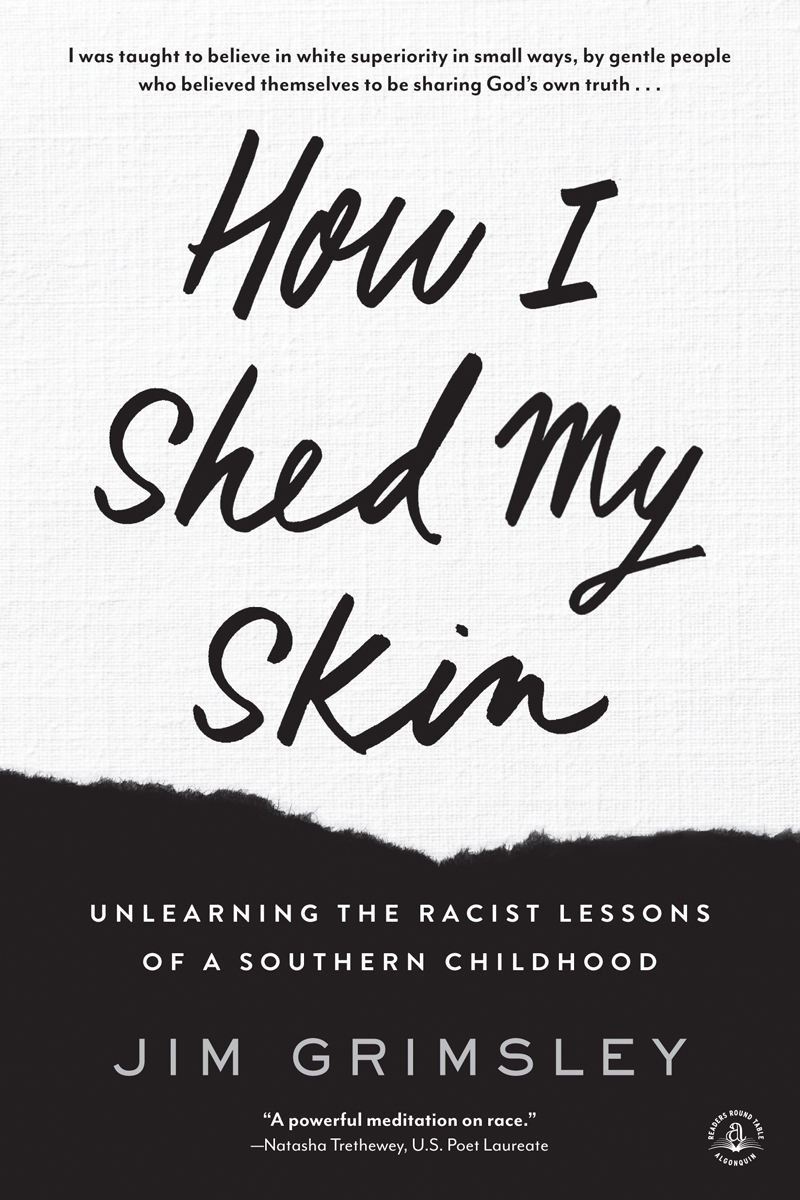
How I Shed My Skin
Unlearning the Racist Lessons of a Southern Childhood
کتاب های مرتبط
- اطلاعات
- نقد و بررسی
- دیدگاه کاربران
نقد و بررسی

Starred review from June 29, 2015
Accomplished narrator Leyva brings his considerable versatility to the new memoir from acclaimed novelist Grimsley, which recounts his experiences growing up as a white person in rural North Carolina during the school desegregation struggles on the 1960s and ’70s. Grimsley, who has made a name for himself in the realms of both Southern and gay fiction, homes in on how his effeminate mannerisms and nagging sense of being an outsider led to a special affinity with black female students in the earliest days of integration, when he was still in elementary school. Leyva makes his most memorable contributions as a vocal performer in these compelling exchanges between Grimsley and his friends. The delicate dance between being an outsider and being coconspirator in breaking down the Southern social order shines through, particularly in Leyva’s portrayal of Violet, the African-American girl who responds with confidence when Grimsley uses a vulgar racial term upon their initial introduction. Leyva also does an effective job of conveying the nuances and complexities of the present, when Grimsley experiences his hometown’s current racial polarization during a class reunion. An Algonquin hardcover.

January 15, 2015
After a court decision, children struggled to enact integration.In 1966, Grimsley (Creative Writing/Emory Univ.; Jesus Is Sending You This Message: Stories, 2008, etc.) was an elementary school student in rural North Carolina when three black girls joined his formerly white classroom. He did not know then what caused the change from the Freedom of Choice system that had maintained racially separated schools, and he did not know how to behave or what to think, except to mimic adults' racism. "I was raised," he writes, "to keep black people in their place and to see to it that they stayed there." His new classmates, however, convinced of their civil rights, had no intention of being subjugated. In this sensitive memoir, Grimsley probes the past to discover what and how he learned about race, equality and democracy "from the good white people" in his family and community. Interacting with black children for the first time, he felt he was at a crossroads: "I would either learn to be a better bigot, or I would learn to stop being a bigot at all." Evoking in vivid detail his school and social environments as he moved through the grades, he recalls that by high school, many white families were sending their children to a private institution, and the author was outnumbered by black classmates. Being part of a minority, though, was not new for him; throughout childhood, he felt different from others because he was a hemophiliac who could not participate in sports or roughhouse with other boys; he also began to realize that he was gay. The author, returning for his 40th high school reunion, saw little change in the South, where people "still teach racism to their children without a second thought." Although proud that he and his classmates made history, the culture of hatred he recounts in this revelatory memoir still, he notes sadly, persists.
COPYRIGHT(2015) Kirkus Reviews, ALL RIGHTS RESERVED.

























دیدگاه کاربران